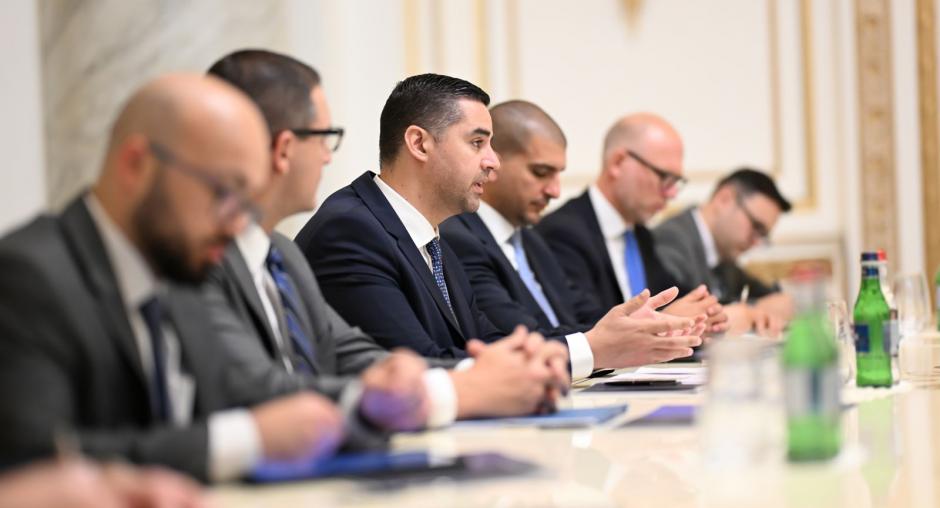OSCE Chair-in-Office Borg concludes visit to Armenia, reinforcing the OSCE's commitment to advancing regional peace and co-operation

YEREVAN, 13 May 2024 – During his visit to Armenia, OSCE Chair-in-Office, Malta's Minister for Foreign, European Affairs and Trade, Ian Borg, underscored the Organization's unwavering commitment to promoting and advancing sustainable peace throughout the OSCE region.
In Yerevan, Minister Borg met Prime Minister Nikol Pashinyan, Minister of Foreign Affairs Ararat Mirzoyan, President of the National Assembly of Armenia Alen Simonyan, and members of the Armenian delegation to the OSCE Parliamentary Assembly.
During these meetings, Chair-in-Office Borg discussed the ongoing peace process between Armenia and Azerbaijan. "What is needed now is a constant dialogue of equals and pragmatism. This is a key precondition to achieving a sustainable peace,” he said.
“The OSCE stands ready to engage more, support efforts to address human suffering and contribute to a better future for people through our wide array of skills and expertise. At the same time, we will continue to support all initiatives that create positive momentum to effectively overcome the conflict and its consequences."
Minister Borg welcomed the advances made on the delimitation of the border and called for this process to continue in a positive spirit. "If we want to find a durable settlement that respects the fundamental principles of the OSCE, diplomacy must be the only way forward," Borg added.
Through this visit, Chair-in-Office Borg reaffirmed the OSCE's commitment to continued engagement with Armenia, emphasizing enhanced co-operation in key areas such as security sector reform and climate change resilience. The OSCE continues to be a positive contributor to Armenia, supporting the country’s efforts in fulfilling its commitments across all three security dimensions.
Referring to Malta's priority to strengthen the resilience of the OSCE, Minister Borg emphasised the need for all 57 participating States to demonstrate the necessary political will and flexibility to build consensus on crucial institutional decisions, in particular on the budget and the leadership of the Organization.
